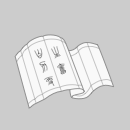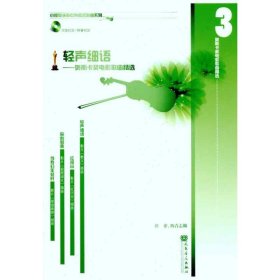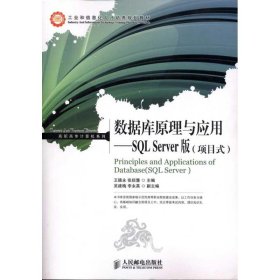
英语报刊选读(第1册)
正版新书 新华官方库房直发 可开电子发票
¥ 12.8 6.4折 ¥ 20 全新
库存6件
作者王嘉褆主编
出版社北京大学出版社
ISBN9787301181096
出版时间2011-03
版次1
装帧平装
开本16开
纸张胶版纸
页数174页
字数184千字
定价20元
货号SC:9787301181096
上书时间2024-11-20
- 在售商品 暂无
- 平均发货时间 11小时
- 好评率 暂无
- 最新上架
商品详情
- 品相描述:全新
- 全新正版 提供发票
- 商品描述
-
内容简介:
《英语报刊选读(靠前册)》的编写,广泛借鉴了靠前外很好英语教材的编写经验,旨在通过原汁原味的外刊文章、鲜活生动的语言和多样的练习帮助学生扫除阅读英语报刊的障碍,培养阅读兴趣和良好的阅读习惯。《英语报刊选读(靠前册)》可供高等学校英语专业学生使用。
摘要:
It remains a curiosity and a bit of a historical mystery why the world is divided over something as basic as which side of the road to drive on. The fact that most people are right-handed has a lot to do with it ; that's why, for much of history, travelers have stuck to the left. Ancient Romans using chariots are believed to have held the reins with their right hands and a whip with their left; to avoid whipping oncoming drivers, they favored the left-hand side of the road (called“left-hand traffic”). It's also easier for right-handers to mount a horse from the left, so riders gravitated to that side to avoid oncoming traffic as they climbed on and off. Finally, knights and other armed travelers favored the left so they could do battle, if necessary, with their good hand.
So why does most of the world travel on the fight side today? Theories differ, but there's no doubt Napoleon was a major influence. The French have used the right since at least the late 18th century (there's evidence of a Parisian“keep-right” law dating to 1794). Some say that before the French Revolution, aristocrats drove their carriages on the left, forcing the peasantry to the right. Amid the upheaval, fearful aristocrats sought to blend in with the proletariat by traveling on the right as well.
...
目录:
Unit 1 Campus
Unit 2 Entertainment
Unit 3 Animal
Unit 4 Food
Unit 5 Crime
Unit 6 Disaster
Unit 7 Sports
Unit 8 Art
Unit 9 Economy
Unit 10 Ecology
Unit 11 Health
Unit 12 Automobile & Driving
Unit 13 Quality Problems
Unit 14 Shopping
Unit 15 Gun Control
Unit 16 Psychology
相关推荐
— 没有更多了 —
















以下为对购买帮助不大的评价